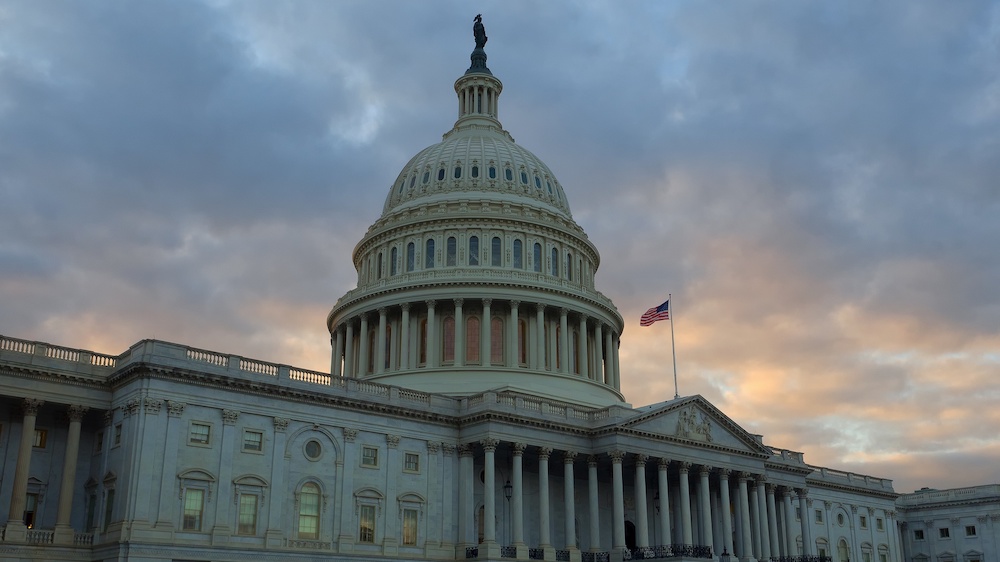If you’re interested in sharing your opinion on any cultural, political or personal topic, create an account here and check out our how-to post to learn more.
____
America, as a beacon of democracy, is dimming.
The days when America actively promoted democracy around the world are over. On the contrary, many elected officials are actively working to undermine it at home through voter suppression tactics.
Traditional tactics of voter suppression, which have been in use for decades and often aimed at minorities, are giving way to new methods intended to disenfranchise large swathes of the population. Voter ID laws — like the exact match laws in states like Georgia — allow government officials to essentially un-register voters because of minor clerical errors in registration, felon disenfranchisement strips former felons of the right to vote and ridiculously long wait lines at polling places are all voter suppression tactics that are detrimental to American democracy.
The assault on the right to vote is even more disturbing when one considers that the right to vote is mentioned in the Constitution and the Bill of Rights more than any other right. It appears first in the Fourteenth Amendment, where the Constitution threatens to strip states of congressional representation if they deny the right to any [white] man eligible to vote, except for those participating in rebellion or other crimes. In 1870, the Fifteenth Amendment made it possible for black men to vote while the Nineteenth Amendment granted women the right to vote in 1920.
Even with these Constitutional amendments that establish and expand voting rights, numerous steps are being taken to limit it. If half as many restrictions were placed on the Constitutional right to bear arms (which is only mentioned once in the Constitution) people would be ready to go to war, but limitations on the right to vote are tolerated.
Unfortunately, many governments at the federal and state levels, treat the Bill of Rights like a menu instead of a limiting document. They order hefty servings of the Second Amendment (the right to bear arms), a light serving of the Fourteenth and tell them to hold the Fifteenth. The Constitution, and necessarily the Bill of Rights, should be treated not as a menu but like a GPS — guiding the government’s policy decisions, telling public officials where and where not to go, and influencing what routes should and should not be taken.
Regrettably, the judiciary has done little more than accelerate the rate at which America’s democracy is waning as the courts have chipped away at legislative protections. Most notable is the Supreme Court’s 2013 decision in Shelby Cty. v. Holder. In Shelby Cty., the Supreme Court declared unconstitutional Section 4(b) of the Voting Rights Act of 1965 (VRA), which required states with a history of discrimination to receive preclearance from the federal government before changing their election laws. The Supreme Court’s reasoning was that the formula determining which states were subject to the VRA’s preclearance requirement was too old and was not responsive to the present-day United States. Within hours of Section 4(b) being struck down, numerous Republican states in the American Deep South began changing voter laws to make it more difficult to register to vote and diminished access to the polls.
Given that backdrop of how we got here, and with COVID-19 dramatically changing every aspect of our lives, mail-in voting seems to be the new frontier in the battle against voter suppression. During the COVID-19 pandemic, where everyone is encouraged to physically distance from each other, mail-in voting is a logical solution. It offers a viable alternative to the traditional method of voting where millions of Americans shuffle into schools, churches and other venues to cast ballots. Unfortunately, the president has selectively called out states like Michigan that are encouraging residents to vote by mail by sending absentee ballot applications to registered voters in the state. In the largest assault on vote by mail, the Republican National Committee is suing California to stop officials from sending absentee ballots to registered voters in the state.
With protests and a pandemic raging throughout America, the news of voter restrictions seems to have gone mostly unnoticed. No matter how many roadblocks are put up, it is imperative that everyone votes in November. It is even more critical that every American fights to ensure everyone is able to vote before the election occurs. If you are not registered to vote, register now as many states have made it possible for people to register to vote online. If you believe you are registered to vote, confirm it by visiting your state’s local election office website. The best evidence of the power of a single vote is how hard some politicians are working to stop citizens from casting votes. Corporations and other employers can also support the democratic process by providing workers with time off to vote.
Democracy looks different around the world. Some systems have term limits, while others make way for elected officials to serve as long as their constituency supports them. Some democracies limit hate speech, while others protect the right of people to say anything no matter how hateful. However, the cornerstone of every legitimate democracy is free and fair elections, and this foundational pillar is under attack in America. When nations transition from democracies to fascist or authoritarian systems, it does not happen overnight; it’s a slow, gradual process that begins with the pruning and trimming of democratic rights. Once rights are limited, it creates a precedent that will be used as justification for more laws that restrict our rights rather than expand theming.
At this point, we as Americans need to ask ourselves: How long are we going to allow America’s democratic light to flicker? How much longer until the light from America's democratic fire is extinguished? And if America’s democratic light goes out, what comes next?
